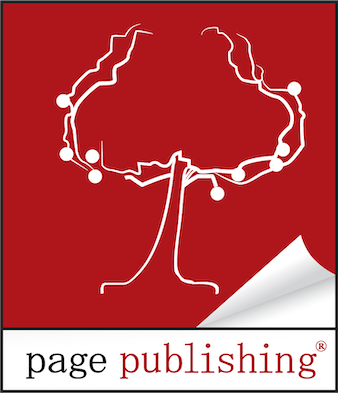
Print on Demand (POD) has revolutionized the publishing industry, offering authors an alternative to traditional and self publishing large print runs. This technology allows authors to print books only when an order is placed, reducing upfront costs and inventory management challenges. In this blog, we will explain POD and how to effectively utilize this service to bring a book to market.
What is Print on Demand (POD)?
POD is a printing technology and business process where new book copies are not printed until an order has been received. This contrasts with traditional publishing, which requires large print runs. POD is often used by hybrid-publishing options due to its flexibility and cost-efficiency.
Benefits of Print on Demand for Authors
- Low Upfront Costs: Authors do not need to invest in large print runs or worry about unsold inventory.
- Reduced Risk: Minimized financial risk as books are printed only when sold to retailers.
- Global Distribution: POD services often partner with major online retailers like Amazon, enabling global reach.
- Flexibility: Easier process to update book content and design without significant costs.
- Sustainability: POD is environmentally friendly as it reduces waste associated with unsold books.
Marketing Strategies for POD Authors
- Build an Online Presence: Use a website, blog, and social media to connect with readers.
- Leverage Social Media: Platforms like Instagram, Facebook, and Twitter can help build your author brand.
- Email Marketing: Collect email addresses from your readers and use them to promote new releases and special offers.
- Book Reviews: Encourage readers to leave reviews on Amazon and Goodreads.
- Collaborate with Influencers: Partner with book bloggers and influencers for reviews and promotions.
Print on Demand has emerged as a game-changer in the publishing industry, offering a viable and cost-effective alternative to traditional publishing. By eliminating the need for large print runs and allowing books to be printed only when an order is placed, POD significantly reduces upfront costs and financial risk for authors. This flexibility, coupled with global distribution channels, ensures that authors can reach a wide audience without the burdens of inventory management and waste.
Moreover, the ability to easily update book content and designs makes POD an attractive option for authors looking to maintain control over their work. As the industry continues to evolve, POD stands out as a sustainable and adaptable solution for authors at various stages of their careers.
To maximize the potential of POD, authors should focus on building a strong online presence, leveraging social media, engaging in email marketing, and fostering relationships with influencers and book reviewers. By combining these strategies with the benefits of POD, authors can effectively bring their books to market and build a dedicated readership.
In summary, Print on Demand offers a powerful platform for authors to publish and distribute their work with minimal risk and maximum flexibility. By understanding and utilizing the advantages of POD, authors can navigate the publishing landscape with confidence and success.
